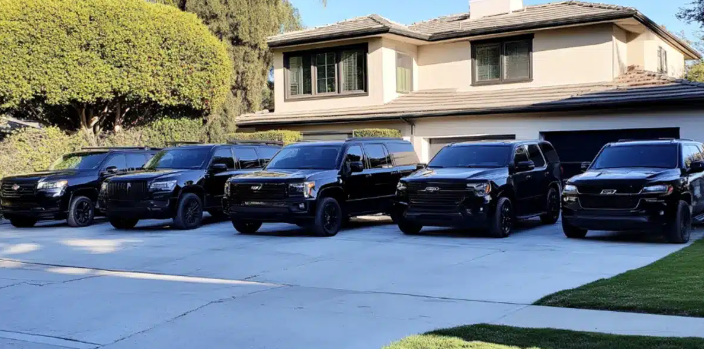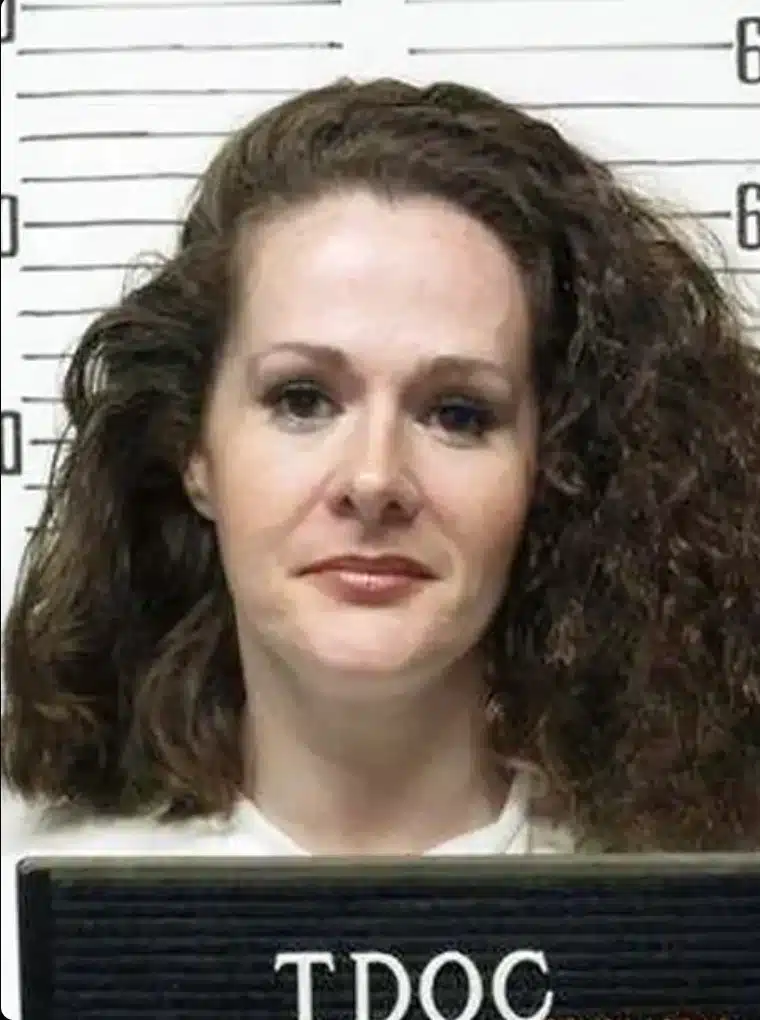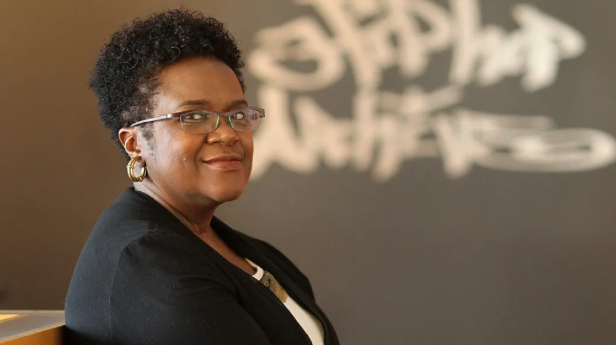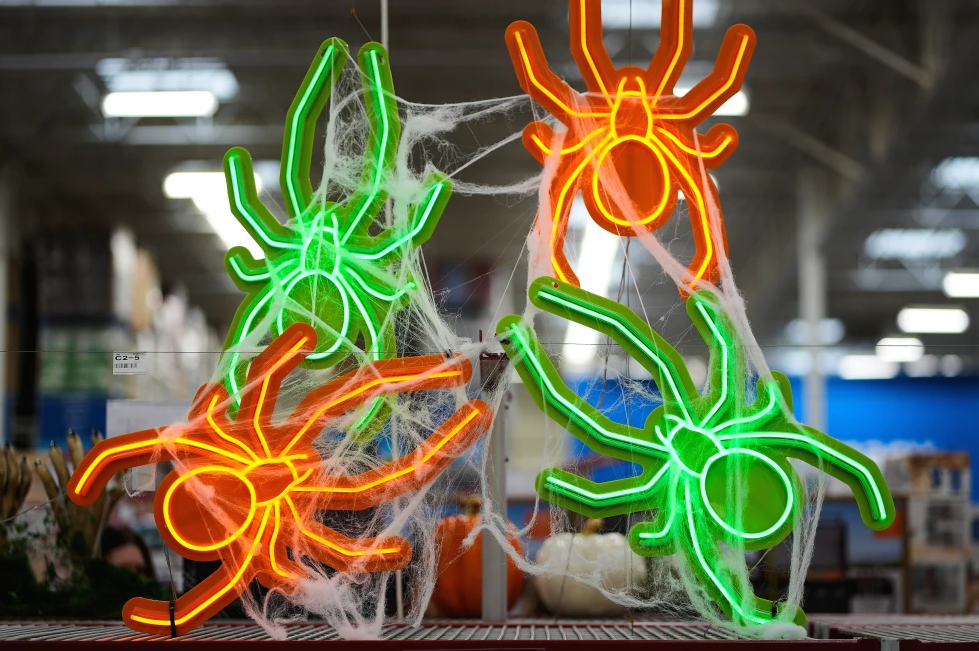They say you never truly know someone until you see how they handle grief. My stepmother Cheryl’s approach? Evicting me from my childhood home before my father’s body was even cold.
In hindsight, I should have fought harder when she insisted I leave. But at nineteen, freshly orphaned and drowning in loss, I simply packed a bag and walked out. It wasn’t until I called Aunt Janine that everything changed dramatically. The next morning’s scene could have been ripped from a legal drama—black SUVs, stern-faced attorneys, and Cheryl, for once in her life, completely speechless as Janine laid out the truth: my father had secretly transferred the house to me over a year earlier.
“He knew,” Janine said quietly, watching Cheryl pack her things. “He always knew what she was.”
Walking through the house after Cheryl left felt like stepping into a faded photograph. Everything looked the same, yet everything was different. My bedroom still had the glow-in-the-dark stars Dad helped me stick to the ceiling when I was eight. The kitchen still carried the faint scent of his terrible pancakes. But the real revelation came when I discovered Dad’s old filing cabinet. Beneath stacks of insurance paperwork, I found a sealed envelope with my name on it. Inside was a letter written in his familiar, messy scrawl:
Ellie-girl,
If you’re reading this, I’m sorry I couldn’t stay longer. The house is yours—always was, always will be. Don’t let anyone tell you otherwise. And don’t you dare feel guilty about whatever happens next.
Love,
Dad
I read it three times before the tears finally came. Then I took my guitar out to the back porch—the same one Dad built when I was twelve—and played until the sun dipped below the horizon.




